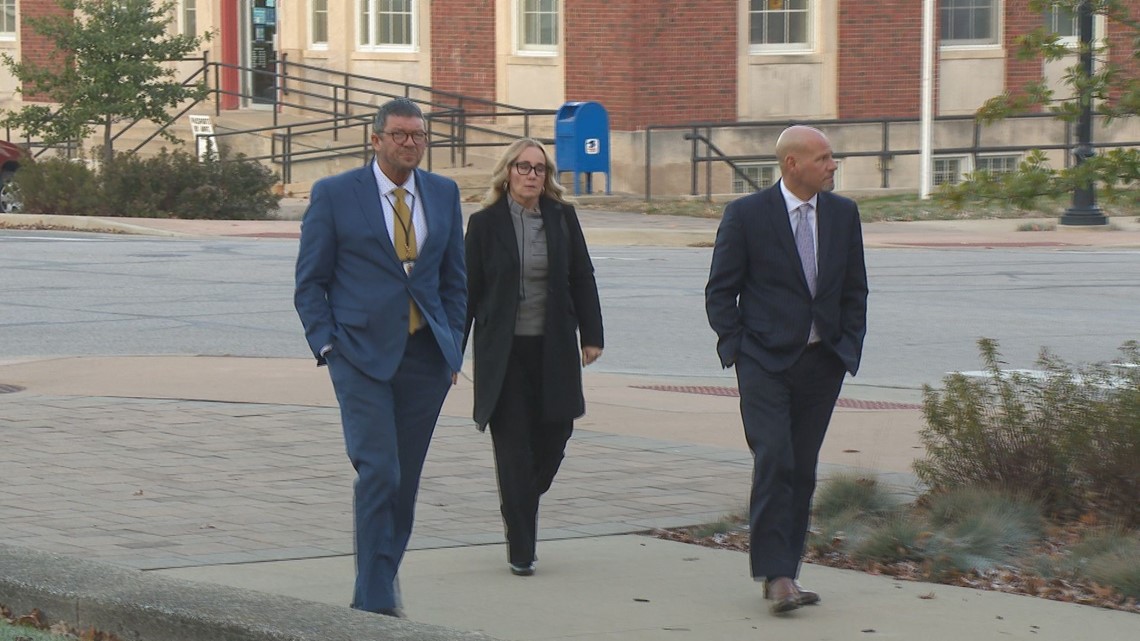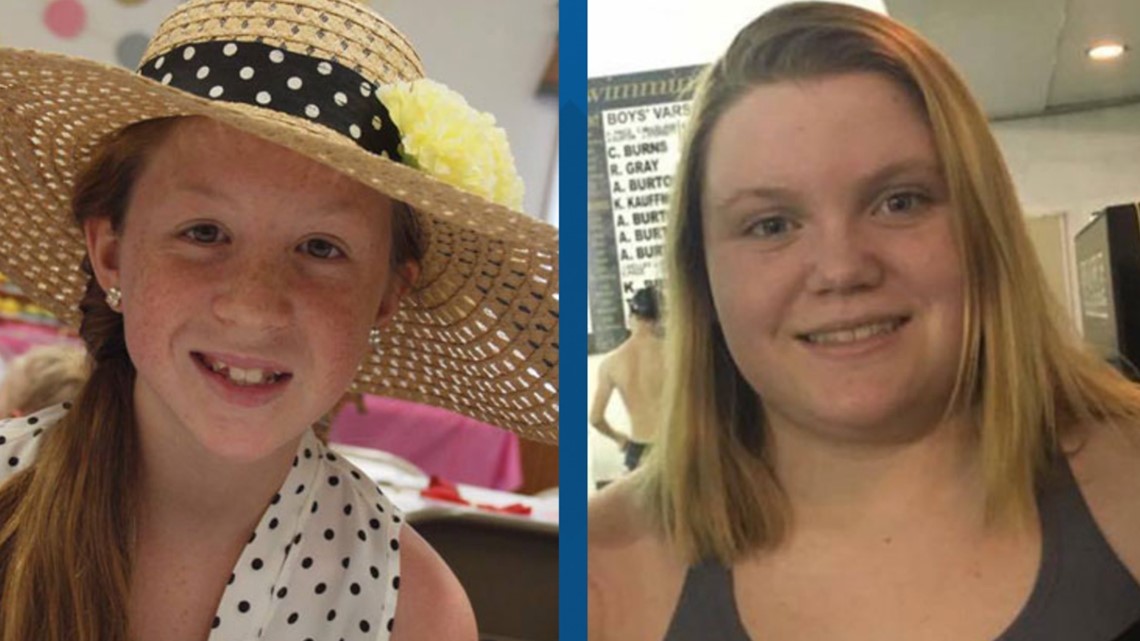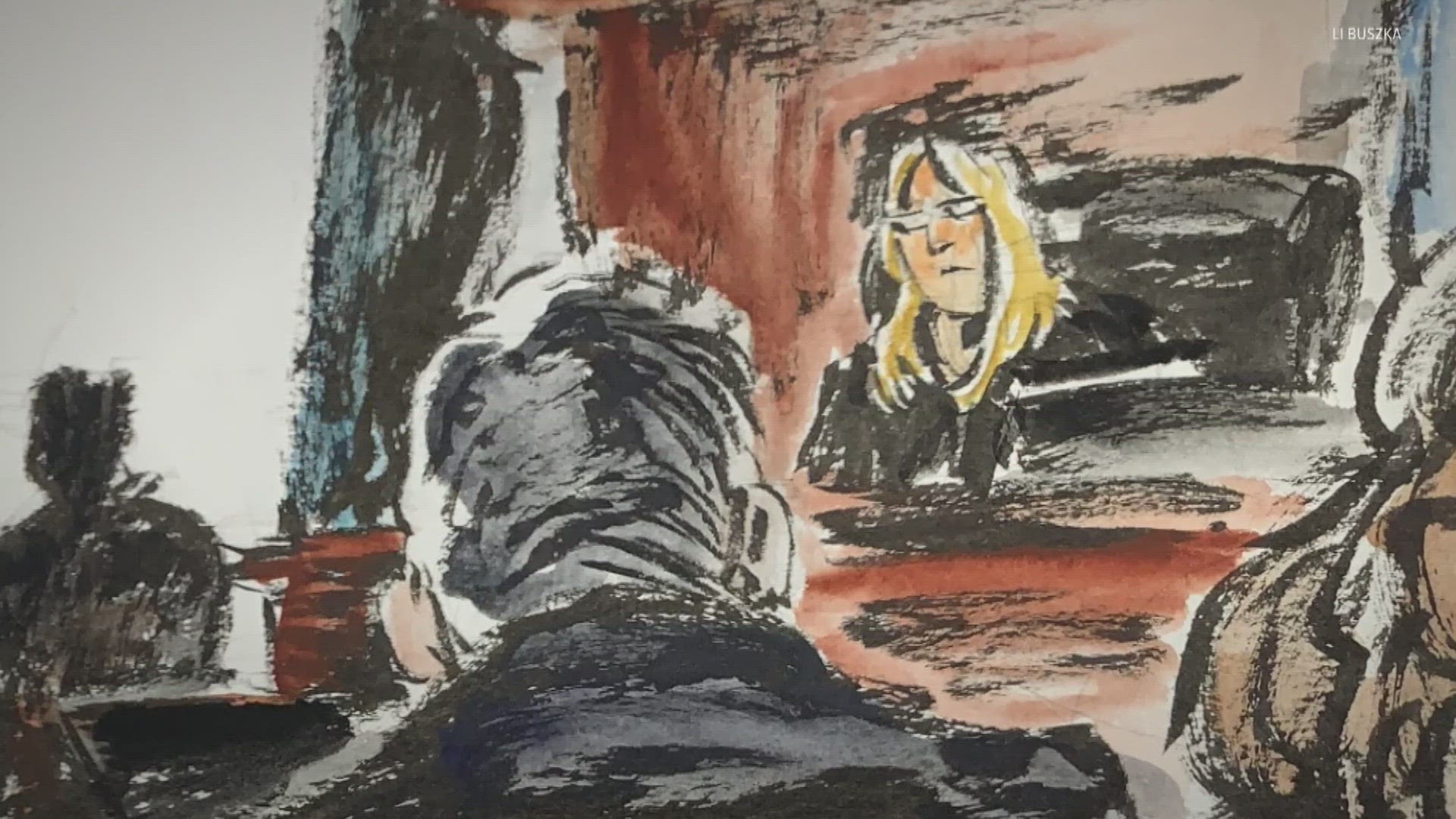DELPHI, Ind. — Court-appointed attorneys for the suspect in the Delphi murders have filed a motion to withdraw from the case.
Public defenders William S. Lebrato and Robert C. Scremin filed the motion to withdraw appearance Wednesday, Jan. 24. This comes after the Indiana Supreme Court reinstated Richard Allen's original attorneys, Andrew Baldwin and Brad Rozzi.
Allen is accused of killing Abby Williams and Libby German in February 2017.
(NOTE: The video above is from a previous report on special judge Frances Gull determining evidence found at Richard Allen's home can be used in the case.)
On Oct. 31, 2023, judge Frances Gull told Allen, "I cannot and will not allow these attorneys to represent you." She then disqualified Baldwin and Rozzi from representing him – even pro bono.
"I'm sorry that this has happened, Mr. Allen," Gull then said.
Prior to the Oct. 31 hearing, Gull announced Lebrato and Scremin as Allen's court-appointed attorneys. During the hearing on Halloween, the new public defenders asked the judge to push his trial back, which was originally set for Jan. 24, 2024, but is now set for Oct. 15-31, 2024.
With Allen's original attorneys reinstated, it is not yet clear if his trial will be moved to an earlier date.


However, the Indiana Supreme Court held a hearing Jan. 18 related to issues in the case. Hours after the hearing, the Indiana Supreme Court issued a ruling that Allen's original attorneys would be reinstated, as well as determining Gull will continue presiding over the case.
Gull chose to dismiss attorneys Baldwin and Rozzi following a leak of Delphi crime scene photos from Baldwin’s law office. According to court records, a former employee of Baldwin’s law firm admitted that he took pictures of the Delphi crime scene photos while visiting the office and did so without Baldwin’s permission or knowledge. That former colleague is now criminally charged in connection with the leak.
Gull claimed the leak was one of several examples of Baldwin and Rozzi acting with gross negligence in their defense of Allen. She also accused them of making false statements as justification for her decision to remove Allen’s defense counsel and to replace them with new public defenders.
Four days after the Indiana Supreme Court hearing, Gull ruled that the evidence found inside Allen's home can be used in the case.
Court documents say investigators found important evidence against Allen at the crime scene — an unspent bullet found between Williams and German's bodies. Investigators claim ballistics testing on that bullet matches a gun they found inside Allen's home when they conducted a search warrant. It is some of the most powerful evidence offered by the state to link Allen to the crime scene.
But Allen's attorneys say the Carroll County sheriff lied in order to get the search warrant and, therefore, all that evidence should be suppressed.
Gull denied that request, saying the affidavit the sheriff filed to search Allen's home and car was reasonable and, she said, 'The Court does not find that (the sheriff) submitted false statements or that (the sheriff) omitted statements with reckless disregard, nor does the Court find that (the sheriff) intended to mislead the Judge by failing to present information."



